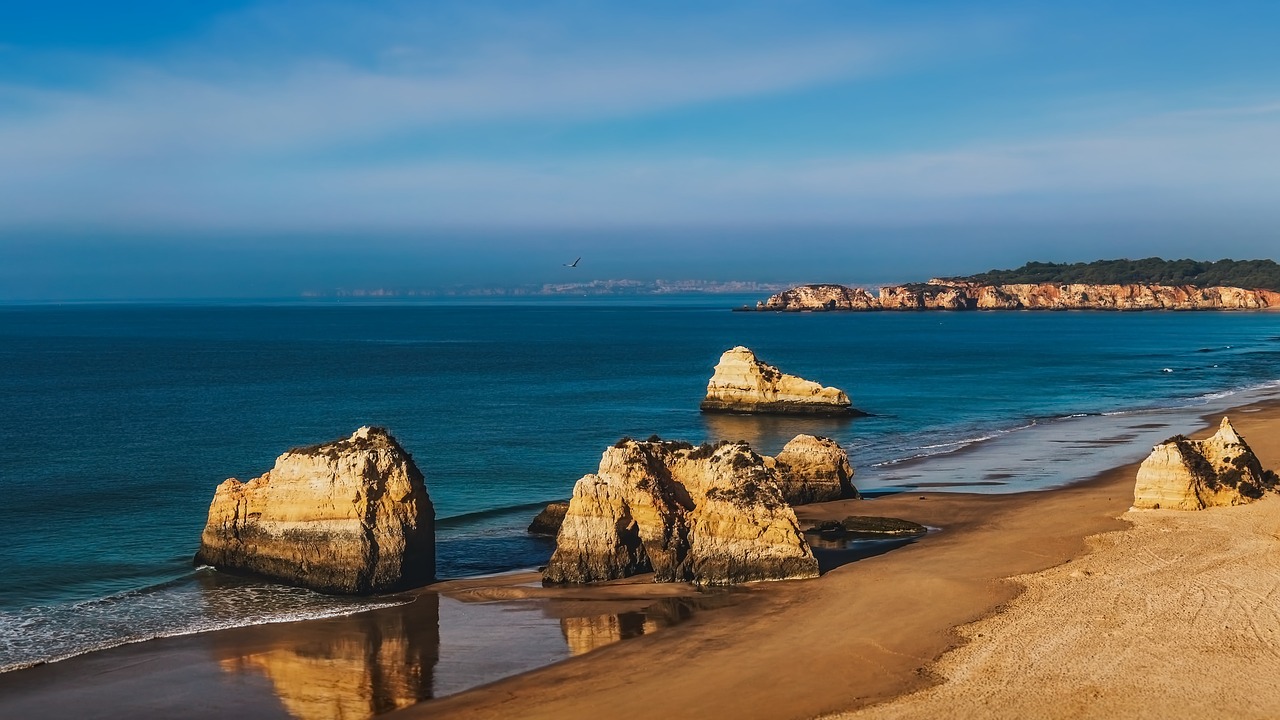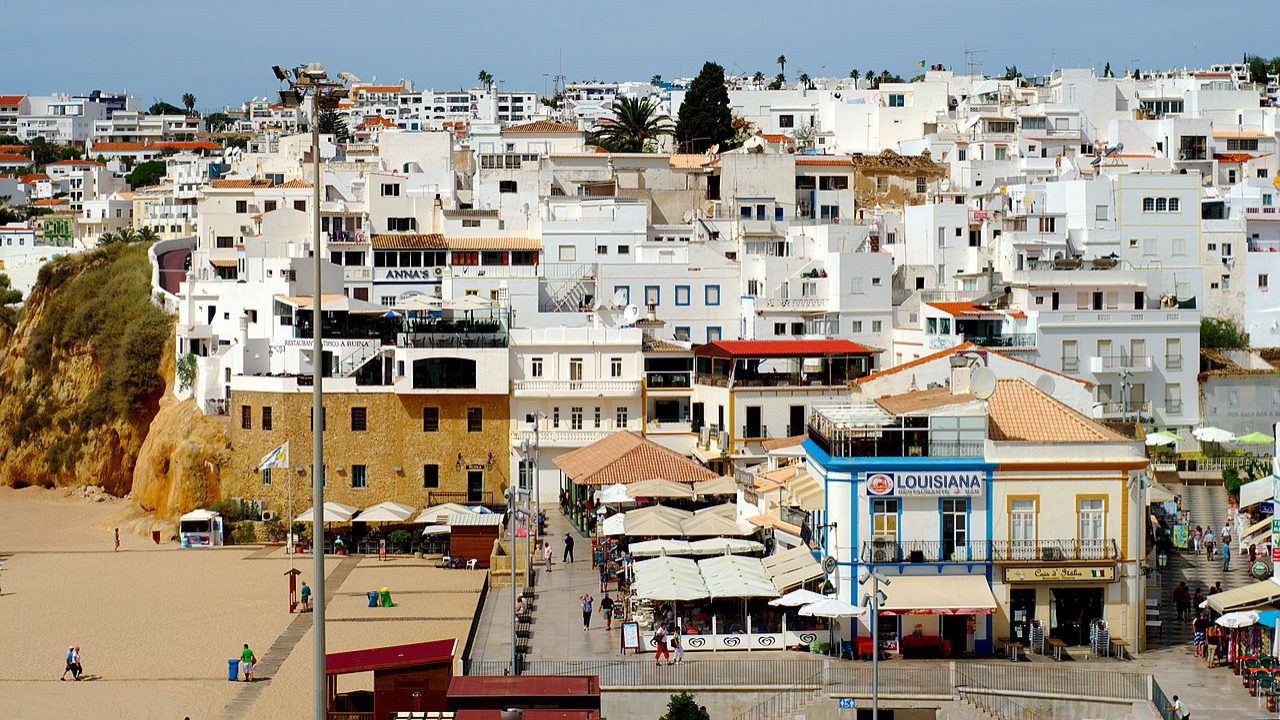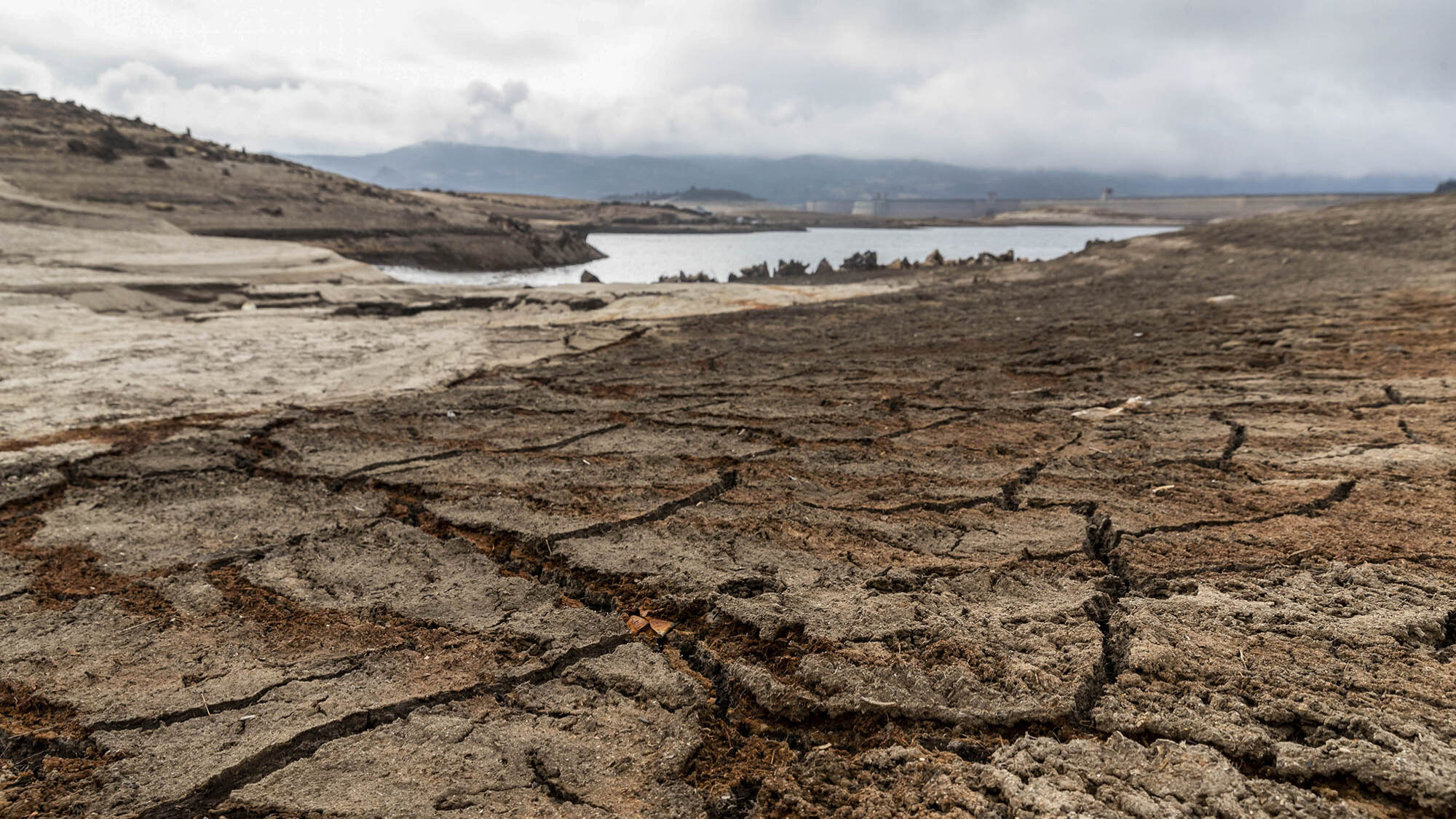Algarve tourist board proposes drought contingency measures for resorts
The Algarve Tourism Board (RTA) has proposed contingency measures for tourist resorts to respond to the current drought situation.
The Algarve Tourism Board (RTA) has proposed that tourist resorts reduce or eliminate ornamental fountains, reduce the watering of green spaces or renew the water in swimming pools as contingency measures to respond to the drought situation.
Speaking to Lusa, the president of the RTA said that the proposals, agreed with business associations in the sector and the Portuguese Environment Agency (APA), join a diverse range of measures that have already been adopted in tourism and hospitality to reduce water consumption.
“We have sent measures that address various areas of activity in the tourism sector, in particular the hotel industry, because golf courses are already engaged in finer work, course by course, with the Portuguese Environment Agency, and the fruit of work that we began in 2020 with the Water Efficiency Plan [of the Algarve],” João Fernandes said.
The same source justified the adoption of these measures with the fact that the region is “in a contingency situation, in which there is great water stress, caused by a worrying and prolonged drought situation,” but stressed that “there were not and never were in consideration measures to cut consumption for human supply.”
“This is very important to say, because neither tourists nor residents will have, until October next year, water supply cuts for human consumption,” he stressed.
The president of the RTA explained that “a set of contingency measures to be adopted by tourist resorts” has been defined, and these “are aimed at water efficiency gains, on the one hand, and consumption reductions, on the other.
In parallel, “the use of alternative water sources” is recommended, with a “greater balance between surface and underground water collection,” depending on the availability of each area, João Fernandes added.
The RTA’s proposal was “based” on “four areas”, such as “management, in which tourist resorts propose to carry out regular water consumption audits”, and the “involvement of customers and staff in detecting losses”, allowing the “adoption of more responsible practices in water use,” he said.
Reinforcing information to customers about “procedures for changing sheets and towels, establishing a minimum period of use of towels of two days,” as well as training workers in specific sections, such as laundries, to adopt water-saving practices are other aspects of the RTA’s proposals, he added.
The president of the RTA noted that the sector has already adopted measures in this field, such as flow reducers, installation of dual flush toilets, timers for taps, but it is increasingly necessary to “use lower quality water for irrigation and washing” or “improve the cleaning of swimming pool filters and water treatment to avoid the need for water renewal.”
It is also necessary, according to him, “to reduce or adapt the cleaning techniques of public areas, avoiding washing with hoses or pressure washers, reduce or even cancel the operation of ornamental fountains, accelerate measures in the area of irrigation that lead to greater efficiency, such as installing meters for various sections, to detect losses and better analyse consumption, and favour the use of indigenous species in green spaces, with less need for water.”
“What we are talking about here, […] is the need to speed up the implementation of water efficiency procedures and even to take – as is the case of ornamental fountains, the irrigation of green spaces or the renewal of swimming pool water – more short-term, specific measures, because of the occasional water stress this summer,” he argued.
As for golf, João Fernandes highlighted the effort being made to increase irrigation with treated wastewater which aims to multiply the total amount used from one cubic hectometre to eight by the end of 2023.
The president of the RTA also highlighted the “reduction of the game area to have less irrigated area, the change of grass to warm-season grasses, with less water consumption” or “improvements in the efficiency of the irrigation and drainage itself, creating common points of confluence of water” as other measures to be adopted in golf, which is already “one of the most environmentally sustainable tourism products.”


